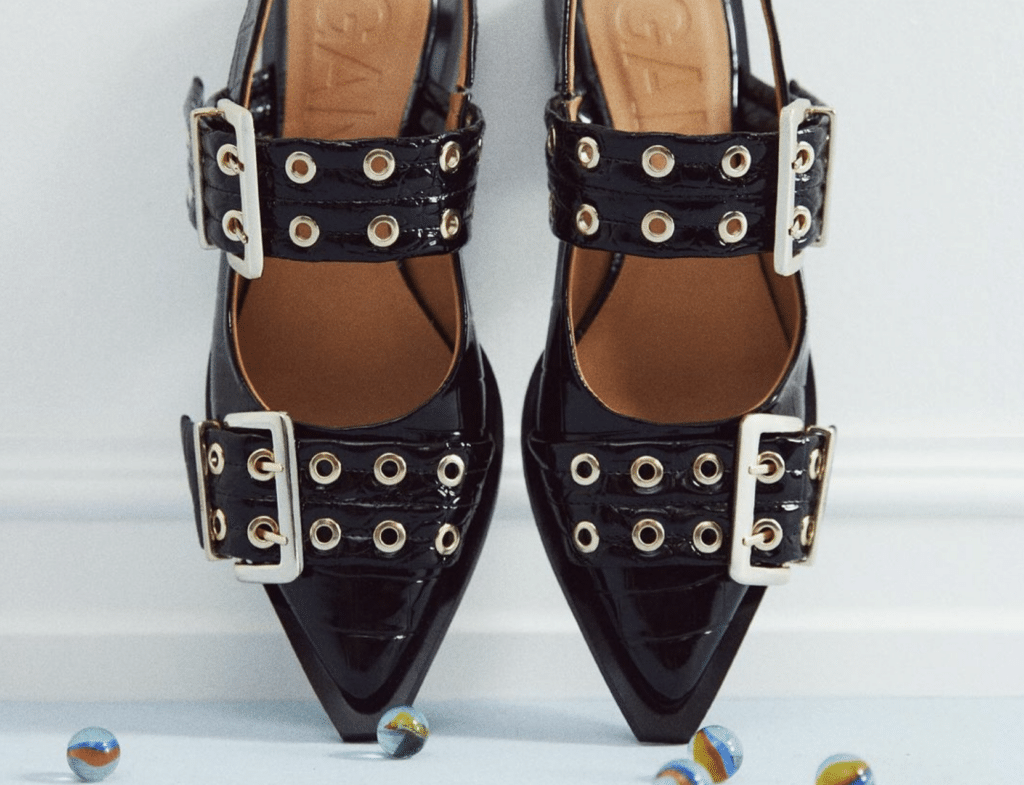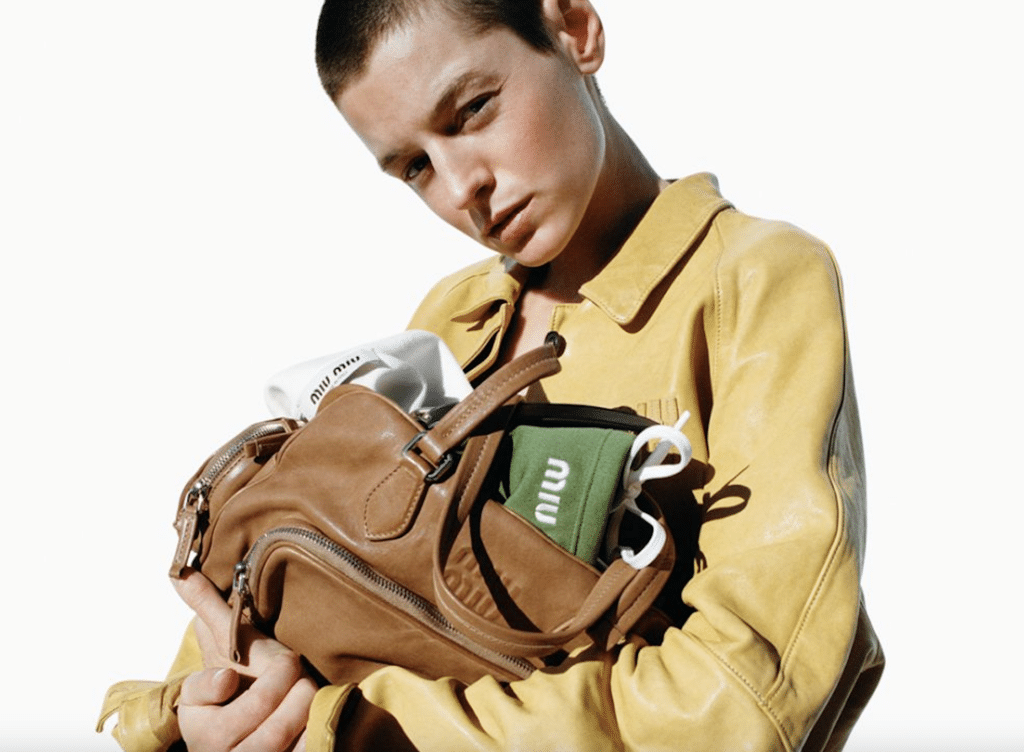A federal court has sided with Automobili Lamborghini SpA (“Lamborghini”) in a trademark and cybersquatting dispute over the lambo.com domain. In a recently-issued decision, the U.S. District Court for the District of Arizona granted summary judgment to Lamborghini after determining that Richard Blair – a domain investor who filed suit in 2022 to retain ownership of the domain after a World Intellectual Property Organization (“WIPO”) panel ordered him to transfer it to Lamborghini – had acted in bad faith and violated the Anti-Cybersquatting Consumer Protection Act (“ACPA”).
The Background: Blair, who owns over 130 domain names, purchased lambo.com in 2018 for $10,000 from its previous owner. Lamborghini filed a complaint with the WIPO Arbitration and Mediation Center in April 2022, claiming that “LAMBO” is closely associated with its “LAMBORGHINI” trademark, which has been registered in the EU since 1990, and that Blair was using the mark in bad faith. Fast forward to August 2022 and the WIPO panel found for Lamborghini and ordered Blair to transfer lambo.com to Lamborghini, prompting Blair to file suit in federal court in Arizona with the aim of retaining ownership of the domain.
Lamborghini moved for summary judgment in February 2023, and Judge Rosyln Silver of the U.S. District Court for the District of Arizona was tasked with determining whether Blair was liable for cybersquatting under the ACPA.
In siding with Lamborghini in her October 17 order, Judge Silver found that the car company met the relevant factors of the ACPA. Specifically, she found that Blair had conceded that the “LAMBORGHINI mark was distinctive prior to both the initial registration of the disputed domain and as of the date [that he] purchased the domain” and also that the domain is “confusingly similar to the LAMBORGHINI mark.”
Bad Faith & Cybersquatting
With the aforementioned facts in mind, the court considered whether Blair acted with a “bad faith intent to profit,” a critical element of the ACPA. Several factors stood out here, according to Judge Silver, including Blair’s decision to list lambo.com for sale at highly inflated prices and also the fact that he redirected traffic to the lambo.com site to a personal blog that disparaged Lamborghini.
> Offer to Sell the Domain: Blair listed the domain for sale at prices ranging from $1.5 million to a staggering $75 million by 2023, according to the decision. The court noted that Blair’s justification for these prices – claiming they were set high to “discourage prospective purchasers” – was unconvincing. The court stated that “an offer to sell an item necessarily requires an intention to sell that item. To contend otherwise would defy all common sense and well-settled principles of law.”
> Redirecting Traffic to Disparage Lamborghini: After Lamborghini filed the WIPO complaint, Blair redirected visitors from lambo.com to a third-party website called NamePros.com, where he published a blog post accusing Lamborghini of “THEFT of my asset, nomenclature, and taxonomy they possess ZERO rights to,” and vowing to “defend, defeat, and humiliate those endeavoring to steal any of my domain name brands,” according to the complaint. The court wrote, “Construing this factor liberally, any disparagement of a mark by an alleged cybersquatter carries inherent negative commercial consequences.”
> Failure to Develop the Domain: Finally, the court pointed out that Blair had owned the domain for over six years and had not made any use of it during that time. And even though Blair argued that he had initially intended to develop the domain into a personal blog but had delayed those plans due to “limited personal capacity,” the court noted that lambo.com had only featured a “For Sale” page since 2020, going on to conclude, “The evidence presented … make clear Blair did not acquire the disputed domain in good faith.”
For his part, Blair claimed that his use of the name “Lambo” had personal significance and was part of his identity as a domain investor. According to the decision, he argued that “he has used ‘Lambo,’ ‘Lambo.com,’ and ‘Lambodotcom’ as a moniker in multiple online communities.’ However, the court found the explanation and his reasoning “somewhat perplexing,” according to the filing, because Blair said he was drawn to the name as “a play on the word ‘Lamb’ and that it “resonated with him on a personal level and perfectly encapsulated his identity and ethos.”
Furthermore, the court also found that Blair only began referring to himself as “Lambo” after he acquired the domain, which disqualified him from protection under his personal significance argument. The court went on to highlight that Blair’s conduct after purchasing the domain – particularly listing it for sale and disparaging Lamborghini – was inconsistent with his claims of good faith.
THE BIGGER PICTURE: The domain dispute between Lamborghini and Blair highlights an important issue for brands: how to manage consumer-generated nicknames as part of their trademark portfolio. Consumer-generated nicknames often hold significant value and can become synonymous with a brand, experts note. As Alexandra MacKay, a member at Stites & Harbison PLLC pointed out, “[o]ne sign of a prominent, strong, and/or beloved brand is a nickname.” Brands like Coca-Cola, she writes, initially resisted the use of “Coke,” but later embraced the nickname when it became clear that it had entered into popular culture. Protecting and owning these nicknames, as Coca-Cola did with “Coke” in 1941, helps safeguard the brand’s identity and prevents unauthorized commercial use, the article states.
Similarly, the American Marketing Association has highlighted that brand nicknames are often viewed as “genuine consumer language,” and when that happens they are perceived as more authentic and trustworthy. But there can also be risks. For example, Canadian Tire learned this the hard way with its “Crappy Tire” nickname dispute in 2021. According to a Pinsent Masons LLP note, the “Crappy Tire” dispute arose when the company attempted to gain control of the domain name crappytire.com.
The company argued that it was “colloquially referred to or known as Crappy Tire” by its customers, and that this nickname, despite being informal, was associated with its trademark. However, by then it was too late. The WIPO ultimately rejected Canadian Tire’s claim, ruling that the company had no exclusive rights to the nickname and that there was no risk of confusion between “Canadian Tire” and “Crappy Tire.”
The case is Blair v. Automobili Lamborghini S.p.A., 2:22-cv-01253 (D. Ariz).











